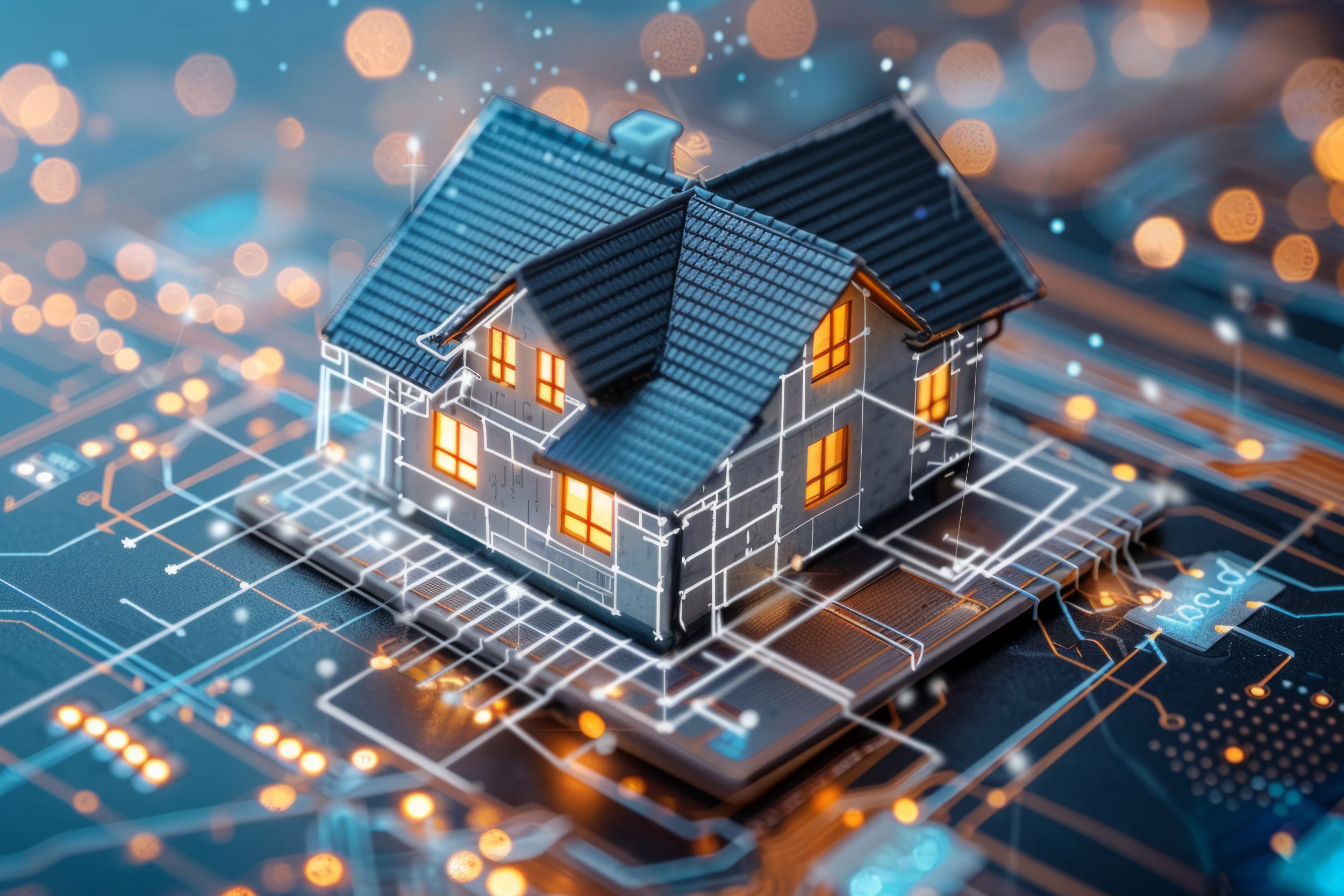The term “proptech” is increasingly becoming a buzzword in the real estate industry, but what exactly does it mean? Short for property technology, proptech refers to the use of information technology (IT) to help individuals and companies research, buy, sell, and manage real estate. This technology-driven approach is transforming the property market by streamlining processes, enhancing efficiencies, and creating better user experiences.
Understanding Proptech
Proptech is an umbrella term that encompasses a variety of technological innovations designed to disrupt and improve the way we interact with real estate. It includes everything from software that facilitates real estate transactions to platforms that manage property and smart home technology. Proptech solutions can be categorized into three main areas:
- Real Estate Fintech: This involves the financial aspects of property transactions, including investment platforms, crowdfunding, and solutions for more seamless mortgage and financing processes.
- Shared Economy Solutions: These include platforms that enable the sharing of property resources, such as short-term rental platforms like Airbnb, co-working space managers like WeWork, and co-living spaces.
- Smart Real Estate Technology: This area focuses on the operational management of buildings and efficiency improvements, utilizing IoT (Internet of Things) devices, smart home gadgets, and energy management systems to enhance building operations.
The Impact of Proptech
Proptech is making significant impacts across all aspects of real estate:
- Efficiency and Convenience: Automating tasks and digitalizing processes eliminates the need for some traditional methods, making operations more efficient and convenient. For example, digital platforms can handle property listings, showings, and even transactions, reducing the time and paperwork involved.
- Improved Decision Making: Advanced data analytics and AI in proptech tools help buyers, sellers, and real estate professionals make informed decisions. They provide detailed market insights, predictive trends, and personalized recommendations based on user behavior and preferences.
- Enhanced User Experiences: Virtual and augmented reality tours allow prospective buyers to view properties remotely, offering a realistic and interactive experience that enhances customer engagement.
- Sustainability and Cost Reduction: Smart building technologies not only improve the functionality and comfort of buildings but also promote sustainability through energy efficiency, which can significantly reduce operational costs.
Challenges in Adopting Proptech
Despite its many benefits, the adoption of proptech also faces challenges. These include the high cost of new technologies, resistance from traditional real estate sectors, and concerns over privacy and data security. Additionally, the regulatory environment can be slow to adapt to new business models introduced by proptech innovations.
Conclusion
Proptech is reshaping the landscape of the real estate industry by introducing cutting-edge technologies that optimize property management, investment, and transactions. As the sector continues to evolve, proptech is expected to become integral in making real estate more accessible, efficient, and user-friendly. Embracing these changes will be crucial for real estate professionals looking to stay competitive in a rapidly transforming market.




